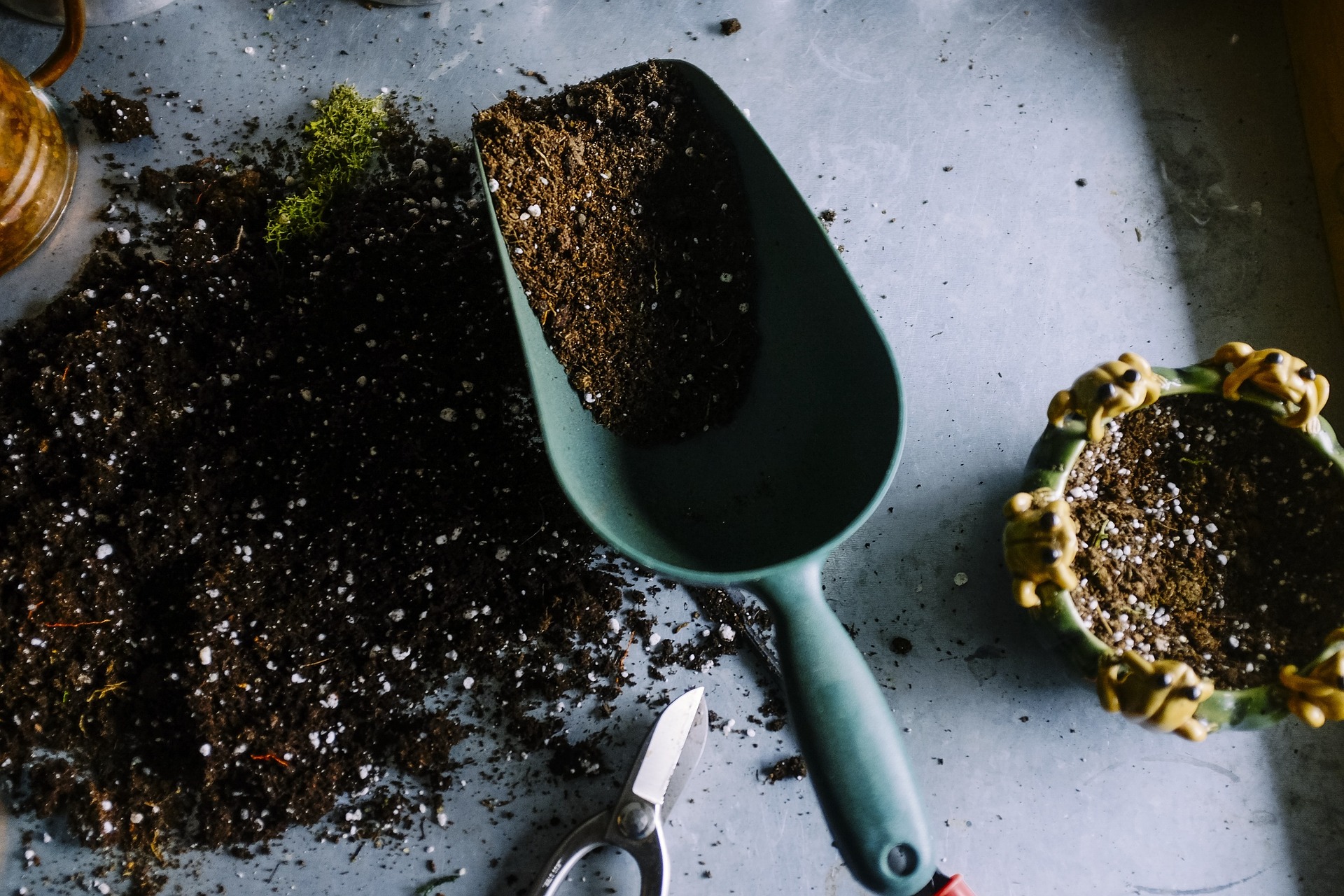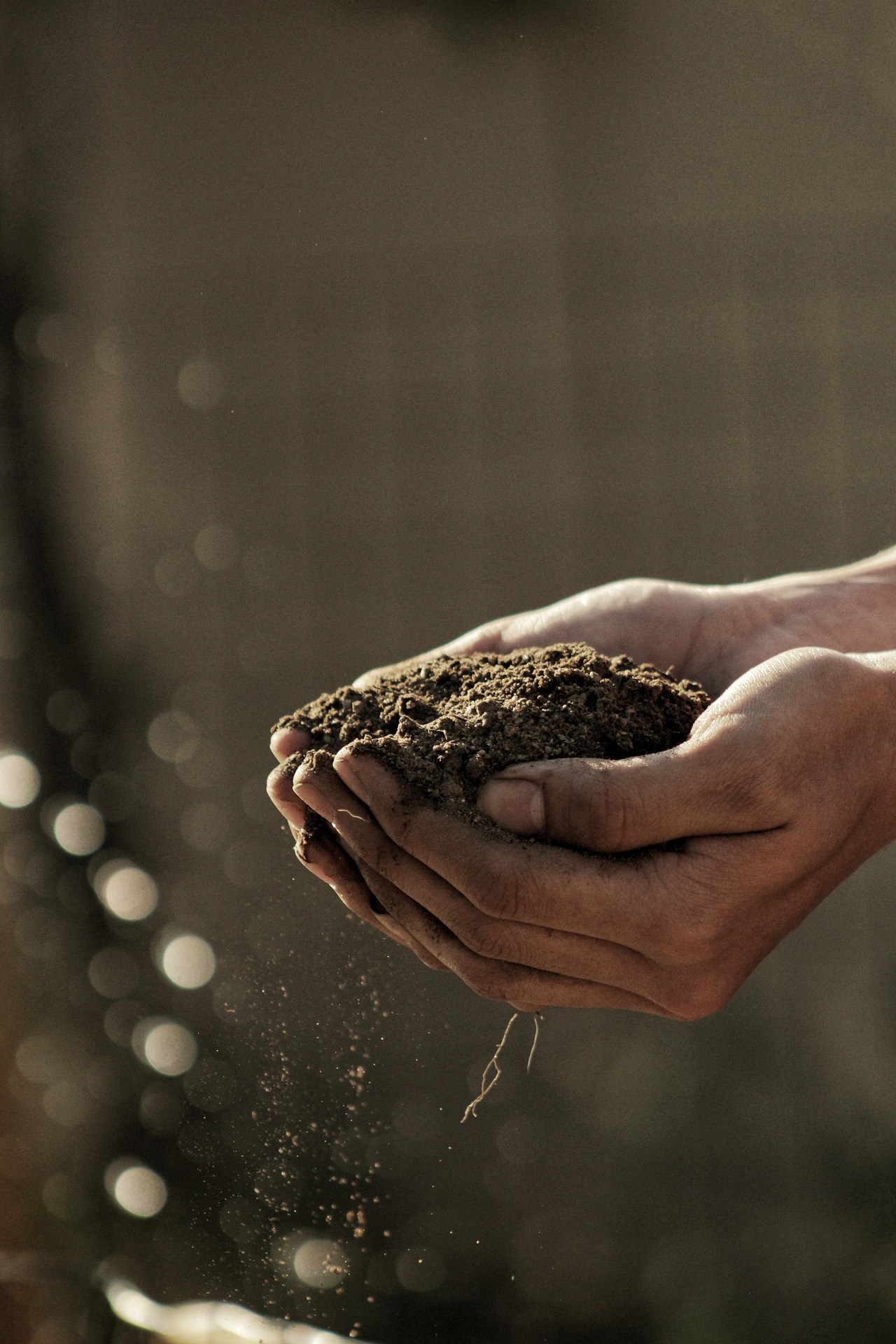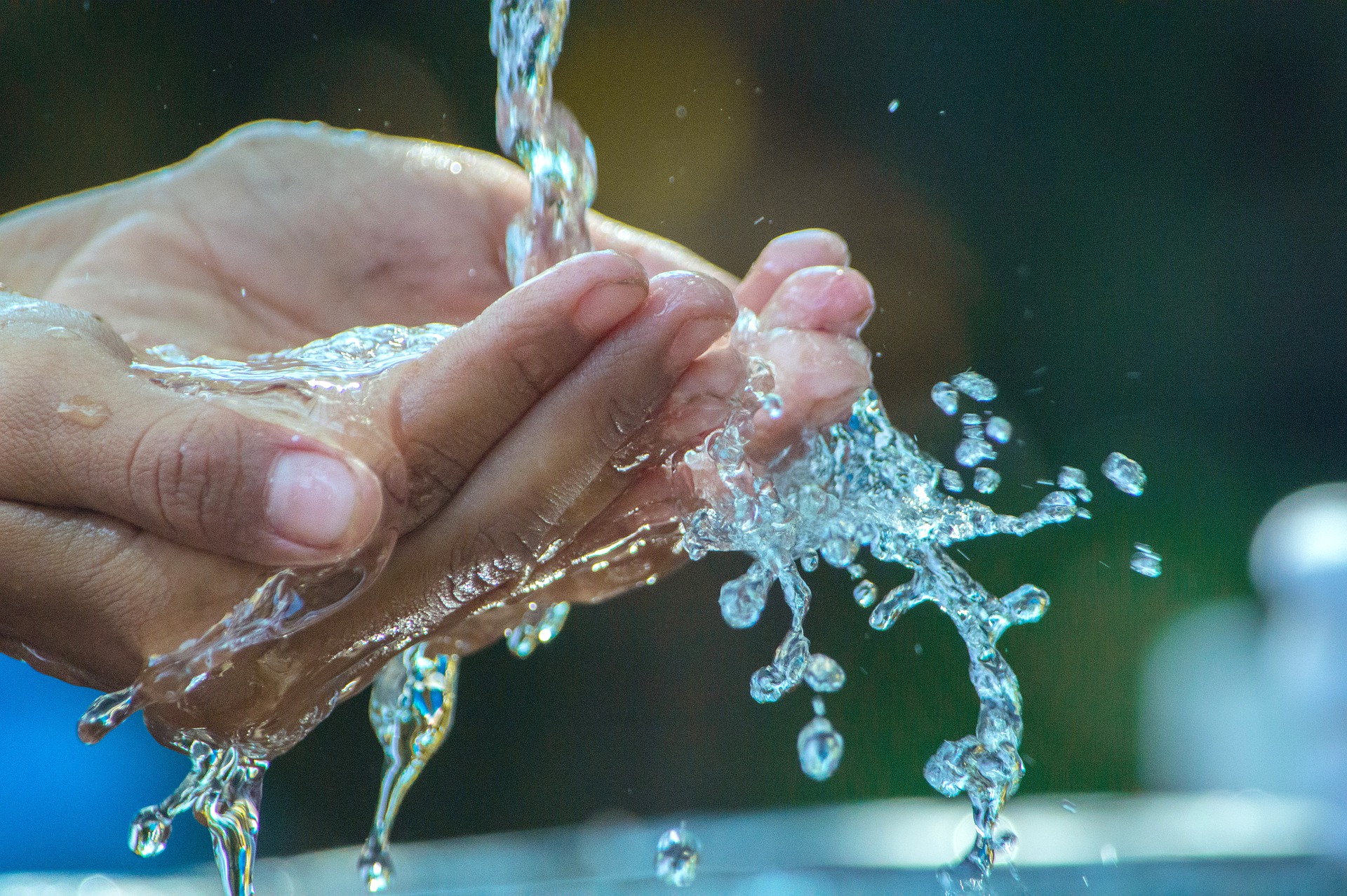RMT Speak: Soil Microbiology
If you are a certified plantito or plantita, or simply trying to sweep away the soil that got into your place, learning a thing or two about Soil Microbiology can help you stay healthy and your place clean.
Soil microbiology is the study of microorganisms in soil, their functions, and how they affect soil properties. As we all know, too much or too little is bad, not just for plants but for us humans too. Our in-house Medical Technologists have shared some insights and explained to us in layman terms how soil microbiology affects us in our daily life.
Need something cleaned?
WHAT YOU NEED TO KNOW
Soil, as boring as it looks, has more organisms present than the number of living human beings, and that’s just a handful of it. It ranges from bacteria, fungi spores, viruses, and worms (and its eggs). Majority of this help break down chemicals present in the soil to help plants grow, while some are sleeping, waiting for the perfect opportunity to infect a host to grow and cause harm.
The number of organisms in a patch of soil may vary depending on certain conditions – moisture and temperature. If it is wet and a bit warm, a very suitable environment for most organisms, the number will be high. If it is dry and extremely cold or hot, there will be less of them there.
Apart from Soil Microbiology, we should be concerned with the amount of harmful chemicals in soil that can affect us. Some fertilizers present in the soil can be toxic to us when touched with un-gloved hands. Our skin can absorb a large amount of chemicals when exposed for a longer time in soil contaminated with it.

“Up to 10 billion bacterial cells inhabit each gram of soil in and around plant roots“
Need something cleaned?
SHOULD I BE CONCERNED?
If you don’t wear gloves, habitually touch your face, nose and mouth while working with soil, and not wearing mask, you should be concerned. Poor hygeine practices when working with soil, account for some of the diseases that people suffer worldwide. Whether your immune system is strong or not, there are organisms found in the soil that can be harmful to you, so it is best to protect yourself while dealing with it. Disease by “Flesh Eating Bacteria” known as Necrotizing fasciitis is commonly caused by group A streptococcus (GAS) bacteria is found in soil. Washing your hands and disinfecting surfaces scattered with soil is the best key to ensure that no one will get sick.
“In addition to tetanus, anthrax, and botulism, soil bacteria may cause gastrointestinal, wound, skin, and respiratory tract diseases. The systemic fungi are largely acquired via inhalation from contaminated soil and near-soil environments.”
Q: Can the Coronavirus survive in soil?
Straight answer: Yes
Long answer: Though there are no substantial research conclusions that viruses survive in soil due to severe cross contamination of other organisms and that there are little trace amount of it present in the soil, given the conditions (wet and warm soil), viruses can survive in soil by either inactivating itself or attach to temporary hosts such as other organisms.

WHAT SHOULD I DO?
Enjoy gardening, have fun with your plants, BUT, wear rubber gloves, wear face mask, don’t touch your face until you have washed your hands with anti-bacterial soap. For surfaces contaminated with soil, a simple disinfectant with all purpose solution can do the job in cleaning. Disinfecting or serilizing your soil will not be good to your plants, so it is best that you do the disinfecting on your own self after dealing with soil and its products.
Whether there is a pandemic or not, always wear rubber gloves and mask. We know it “feels different” when working with soil on your bare hands, but trust us, you and your plant will be healthier when you wear one.

Do you want to learn more on how CMDA Cleaning Services can help you, your family, or your office fight against COVID-19? Send us an email at inquiry@cmdacleaning.com, or call/text us on any number mentioned above.
Let’s all be well and healthy, wear a face mask, wash our hands frequently, maintain a 1-2 meter physical distance to non-family members, and stay at home if we can. Stay covid-free!
